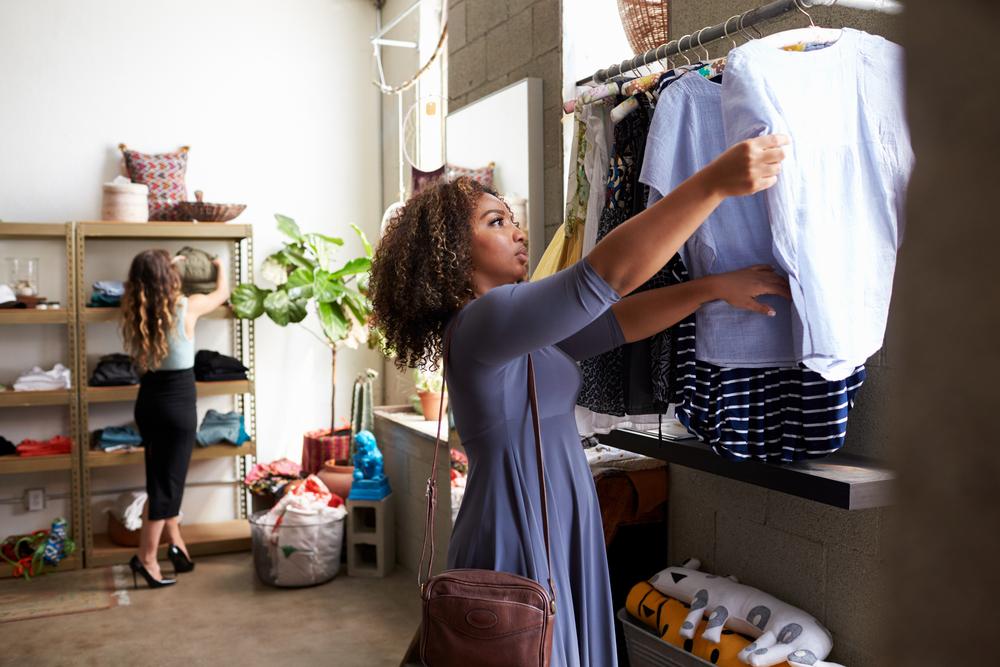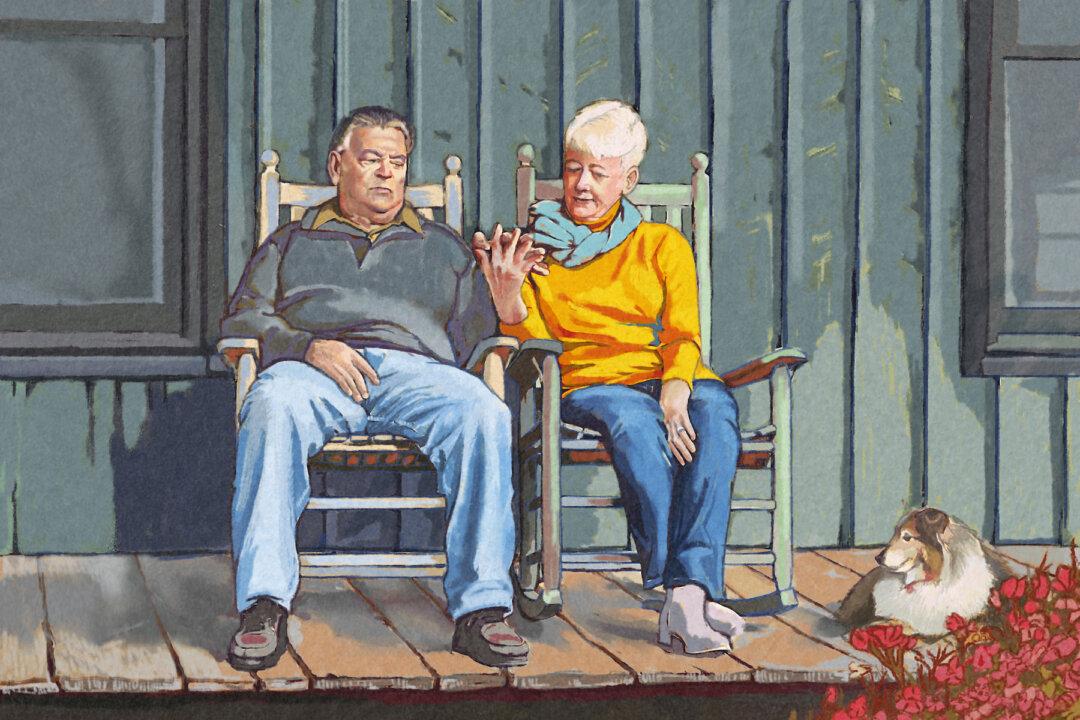For many people, shopping is a pleasurable distraction from daily tribulations. The phrase “retail therapy” exists for a reason. Some folks forget all their woes as they search clothes racks for that perfect blouse or pair of slacks or swipe through page after page on their phones or computer.
I, on the other hand, have never fit into that category and describe myself as having “mall-a-phobia,” a word my sister and I coined years ago to describe our trepidation and ineptitude related to shopping in malls. I used to enter a mall and feel overwhelmed by the visual stimulation; my brain seemed to leave me at the door. The hum of seasonal Muzak, the multitude of shops, the shoppers finding their way with no apparent traffic pattern all contributed to my sense of being lost and muddled. Only if I needed “one thing” and could stay focused on that one thing would I have success.




